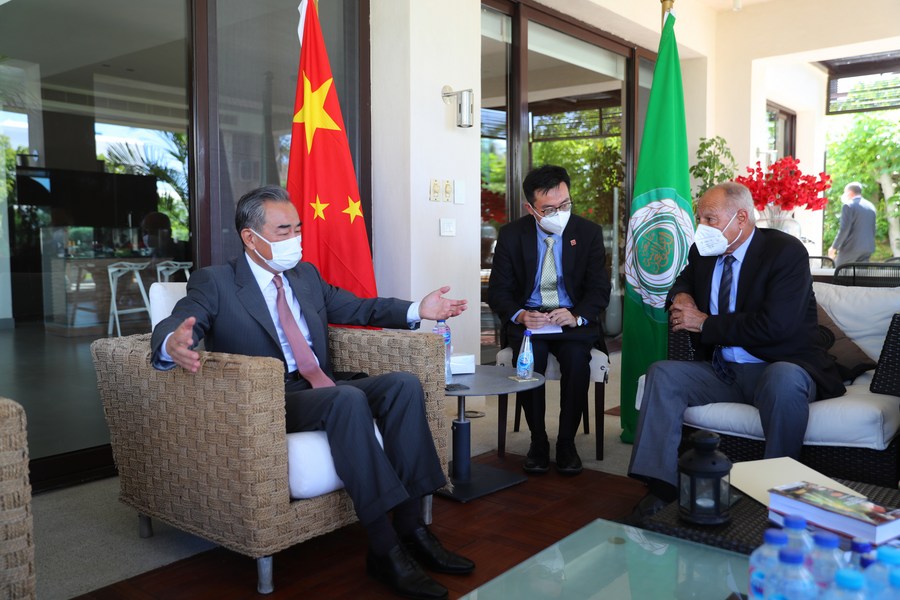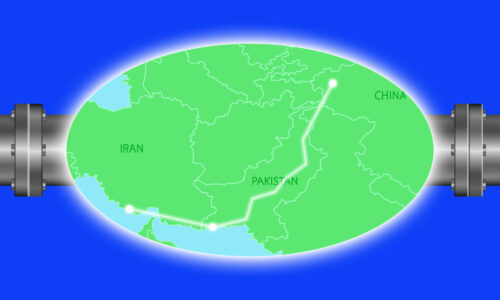China and the Arab League publish joint statement that showcases Beijing’s growing geopolitical ambitions
China’s reach and influence in the Middle East and North Africa continue to grow.

China and the Arab League published a sweeping joint statement (in Chinese) on Monday that highlights Beijing’s increasingly ambitious geopolitical agenda in the Middle East and Persian Gulf regions.
- The statement followed a Sunday meeting between visiting Chinese Foreign Minister Wáng Yì 王毅 and Arab League Secretary-General Ahmed Aboul-Gheit in the Egyptian coastal city of El-Alamein, where Wang also met with Egyptian President Abdel Fattah Al-Sisi.
Context: There’s a widespread perception in many corners of the Chinese foreign policy community that growing fatigue in both the U.S. and Arab countries over Washington’s presence in the region is providing a new opening for Beijing to become a more visible player.
- China also regards the Arab League as a critical supporter for its controversial policies in Xinjiang and in rebuffing U.S. and European charges of genocide against the Uyghur Muslim population.
Key highlights from the China-Arab League Joint Statement
- COVID-19 cooperation, including the local manufacturing of vaccines in Egypt, the UAE, and Morocco.
- Belt and Road expansion.
- Xinjiang: The statement does not mention the western Chinese region or the Uyghurs by name, but the reference to “uphold non-interference in internal affairs, continue to support each other on issues involving each other’s core interests and major concerns” is clear in this context. (The Arab League has been a vocal supporter of China’s Xinjiang policies in Xinjiang.)
- Middle East peace: China has been angling to become more involved in the Arab-Israeli peace process and used this joint statement as another opportunity to bolster its lagging credibility as a mediator.
For further links and details, please click through to The China Project’s partner site, the China-Africa Project.






